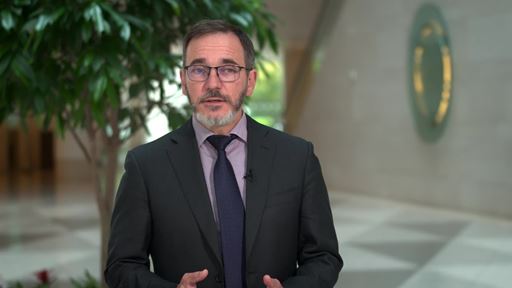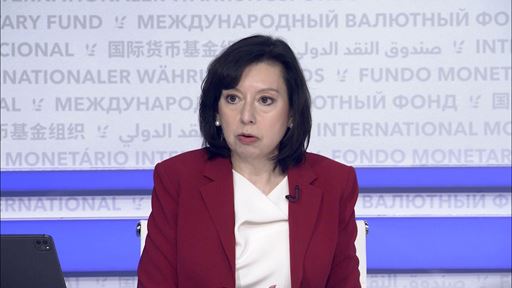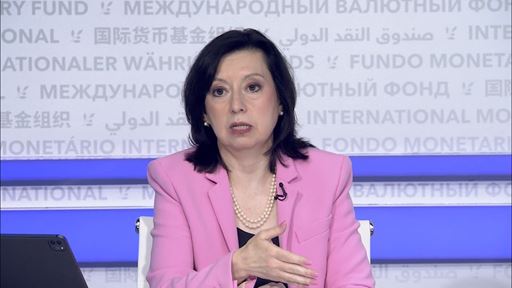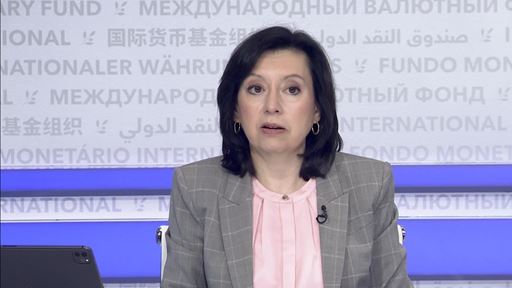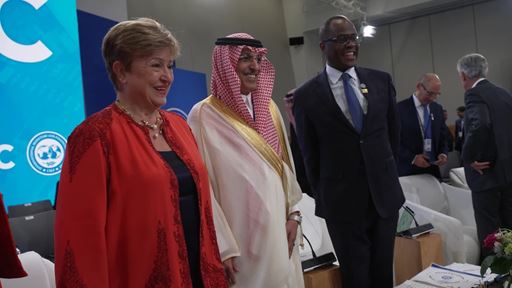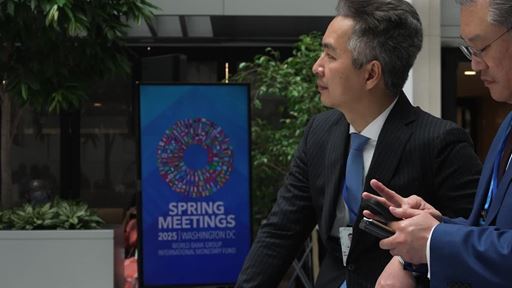The IMF is urging countries to build up their institutions to better combat corruption, the Fund’s Director of the Fiscal Affairs Department, Vitor Gaspar says ahead of the launch of the Fiscal Monitor report Wednesday (April 10) in Washington.
Gaspar says that governments need to find ways to raise revenue while contending with large-scale economic shifts.
“Fiscal policy needs an upgrade. It should become smarter and more agile so as to facilitate change in the face of accelerating technological transformation, globalization, and demographic shifts. At the same time, fiscal policy for sustainable development needs to enhance tax capacity and to invest more and better in people and infrastructure.”
A major way to find ways to boost that spending in socially productive ways is to crack down on corruption.
“Corruption has widespread implications. It siphons out resources from public finance. In the case of tax revenues our research does show that countries that have the lowest levels of corruption collect 4 percent of GDP more in terms of tax revenues than countries that have the highest levels of corruption. These resources would be decisive to provide better schools, better hospitals, and better roads.”
Gaspar says that there has been progress on cutting corruption, but that governments need to shore up institutions to ensure that funds are not lost through graft, bribery and insider dealing. And corruption must also be attacked both from the supply side as well as demand, meaning that there should also be a focus on firms and officials that pay bribes as well as those who receive them.
“Unfailing political will is a key factor. It is necessary to strengthen fiscal institutions through transparency, accountability, independent evaluations and scrutiny. But it's also necessary to deploy political will at the international level. Progress has been taking place through for example the anti-bribery convention of the OECD that has been subscribed by 40 countries. But much more remains to be done.”
A copy of the full report will be available at https://www.imf.org/en/publications/fm at 9:30 am ET Wednesday.

